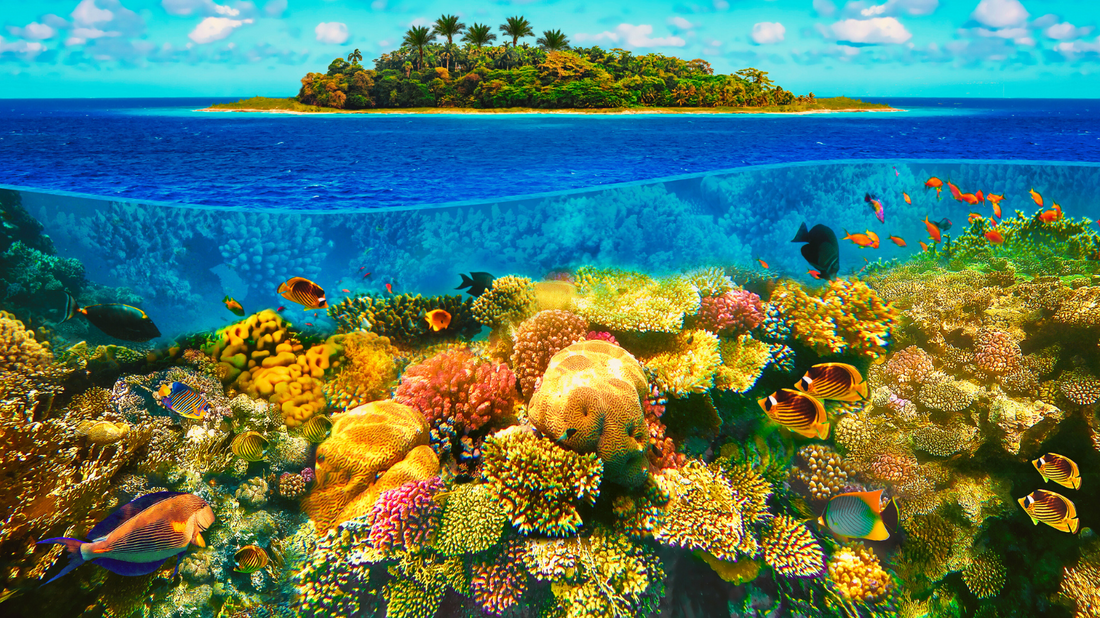
Protect our Coral Reefs
Share
Coral reef bleaching is a serious environmental concern that has been increasing in frequency and severity in recent years. According to the National Oceanic and Atmospheric Administration (NOAA), more than 75% of the world's coral reefs have been threatened by coral bleaching since the 1980s. The situation has only worsened over the years with the latest global bleaching event occurring from 2014 to 2017 causing widespread damage to coral reefs around the world.
In addition to the sheer number of coral reefs affected, the severity of the bleaching is also alarming. In some areas, more than 90% of the coral has been affected. The economic impact of coral bleaching is also significant as coral reefs provide valuable resources such as food, income from tourism, and shoreline protection.
It is important for us to take action to address this problem. Reducing our carbon footprint, support for conservation efforts, and limiting activities that damage coral reefs can help to protect these vital ecosystems from further
In addition to the sheer number of coral reefs affected, the severity of the bleaching is also alarming. In some areas, more than 90% of the coral has been affected. The economic impact of coral bleaching is also significant as coral reefs provide valuable resources such as food, income from tourism, and shoreline protection.
It is important for us to take action to address this problem. Reducing our carbon footprint, support for conservation efforts, and limiting activities that damage coral reefs can help to protect these vital ecosystems from further

